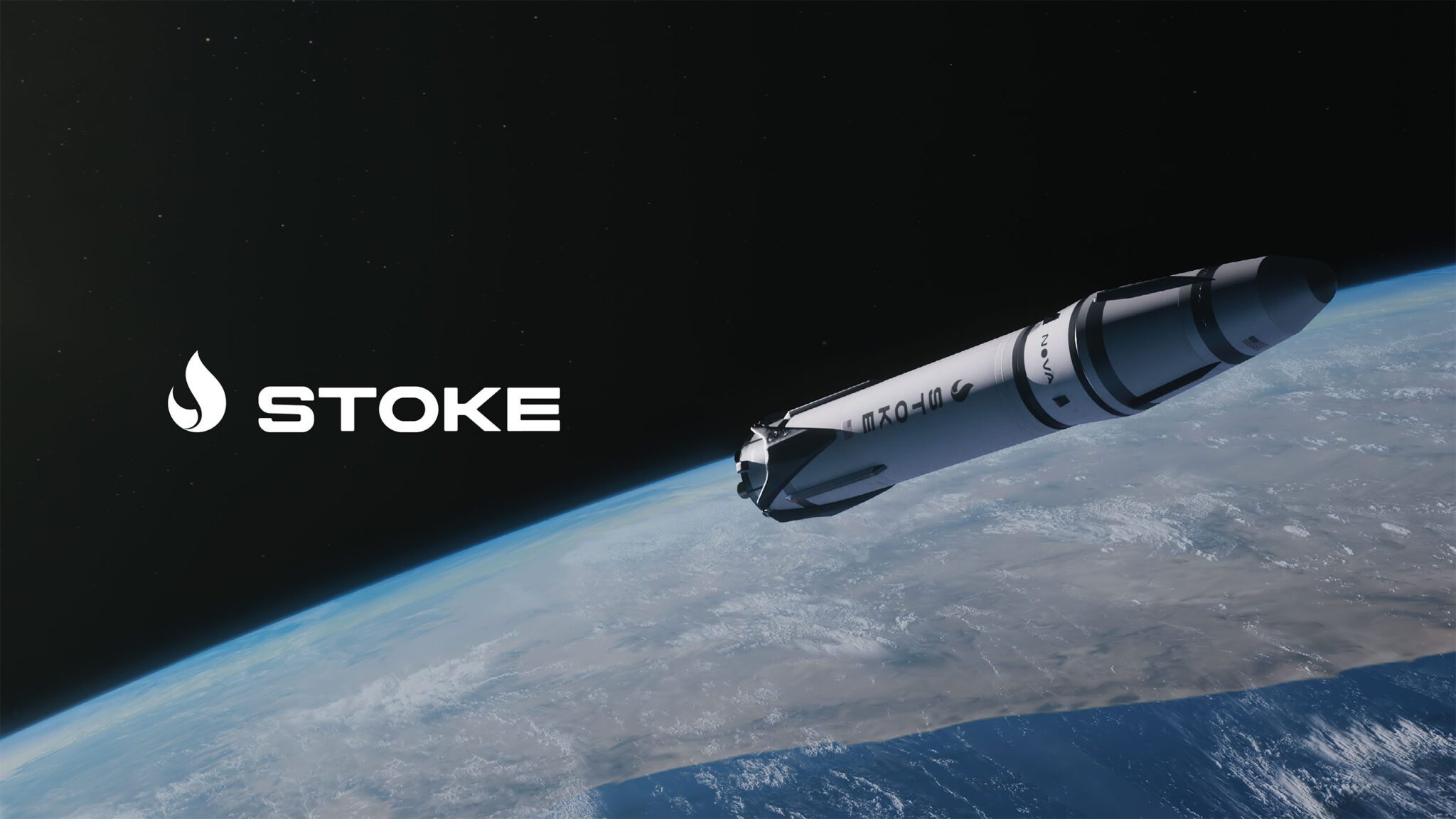
Rocket company Stoke Space has raised $100m in a Series B funding round led by Industrious Ventures to drive growth.
The round was joined by other investors including Sparta Group, Long Journey, and the University of Michigan.
Stoke Space’s existing investors In-Q-Tel, Breakthrough Energy, Point72 Ventures, NFX, MaC Ventures, YCombinator and Toyota Ventures also invested in the round.
The company plans to use the funding to support the development of its first-stage rocket engine and structure and the orbital version of its reusable second-stage rocket.
The new investment will also be used for construction activities at the Launch Complex 14 at Cape Canaveral Space Force Station, Florida.
Stoke said the US Space Force has granted access to the Launch Complex 14 for its orbital flights.
How well do you really know your competitors?
Access the most comprehensive Company Profiles on the market, powered by GlobalData. Save hours of research. Gain competitive edge.

Thank you!
Your download email will arrive shortly
Not ready to buy yet? Download a free sample
We are confident about the unique quality of our Company Profiles. However, we want you to make the most beneficial decision for your business, so we offer a free sample that you can download by submitting the below form
By GlobalDataStoke Space CEO and co-founder Andy Lapsa said: “With our unique second-stage design, our team at Stoke is attempting to build the most robust fully reusable rocket in the world – one that turns around in 24 hours throughout a long service life.
“This new round of funding is a huge vote of confidence in our team and the progress we have made. We will now continue moving through our development program by increasing focus on our reusable first stage.”
Concurrently, the company announced the name of its first rocket, Nova.
Nova refers to a celestial phenomenon in which a new star is born from the merger of old stars’ remains.
“Our vehicle designs build on the ideas and achievements of prior generations. The name Nova is a way to honour that past heritage while looking ahead to a very exciting future,” Lapsa added.
Last month, the company successfully conducted a vertical takeoff and vertical landing (VTVL) developmental test flight of its reusable second-stage rocket.







